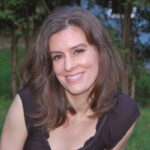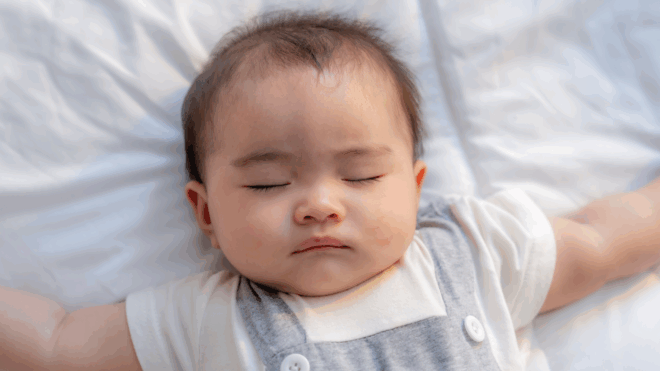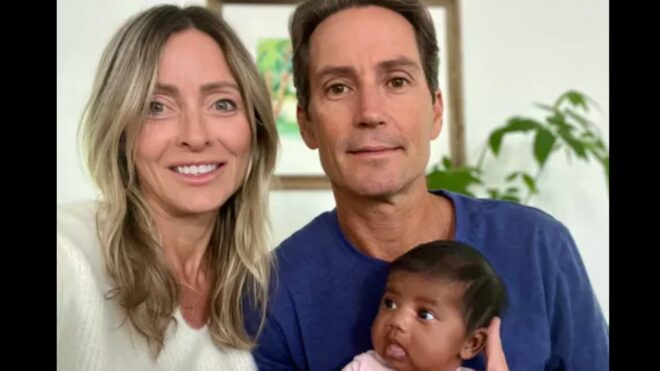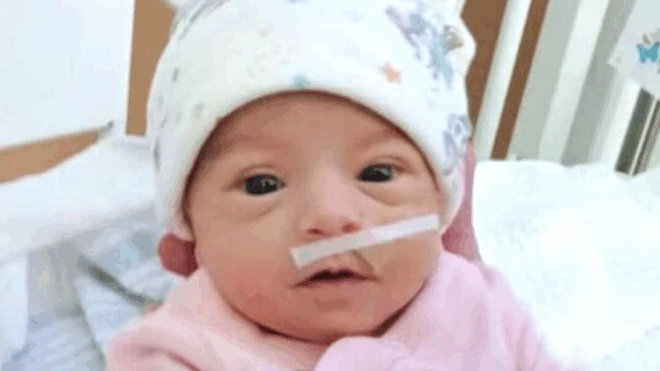A scary thing happened to mommyof2lil1s the other day, and she wanted to share her story to help other toddler moms avoid a potentially life-threatening accident.
"Both of my kids have colds, so I took them to the doctor and got a script for Claritin. Well, my DD is almost 2, I was headed to give her the medication, I put it in one of those medicine spoons, and I misread the dosage. I was supposed to only give her 2.5 ml and I gave her a little over 2 tsp (which turns out to b 10 ml). WHOAHHHH. I am so used to giving them 2 tsp, which is what most of their medications call for when they are sick."
mmyof2lil1s noticed her mistake right away and had her mother call poison control.
"They said she would be fine, she might just get drowsy. I wasn't feeling so sure about that, so I called the pharmacist and he said she will probably be okay, but to take her in to make sure. I called her pediatrician, and he said she will be okay. She didn't have any side effects, but I thank God it wasn't a different kind of medication that could have hurt/killed her!!!!! It was ssooooooo scary!!!
I'm so glad everything turned out fine, and I can totally understand how any mom could make such an easy mistake. But super kudos to mommyof2lil1s for being smart and calling poison control right away. That was the absolute right thing to do, says Jon Thompson, director of the Southeast Texas Poison Center at the University of Texas Medical Branch.
"Always be concerned if there's been an improper dosage," Thompson says. "Not to say that the child will be seriously ill or hurt, but every parent must be concerned enough to take the next step and call their local or regional poison center (1-800-222-1222). An expert will give them proper instructions, whether it's a serious poisoning or can be treated at home."
Thompson says you should read your child's medicine label every single time you go to pour out the medication, and then read it again — never take for granted that you remember what you gave them last time. And always use a proper measuring device, such as a calibrated cup or spoon from the pharmacist. Don't try to estimate the dosage using a kitchen spoon, which all vary in size and may not measure a true teaspoon.
"Please, I can not say it enough after that scare, to check and recheck the dosage before you give it!!!!!" mommmyof2lil1s says.




